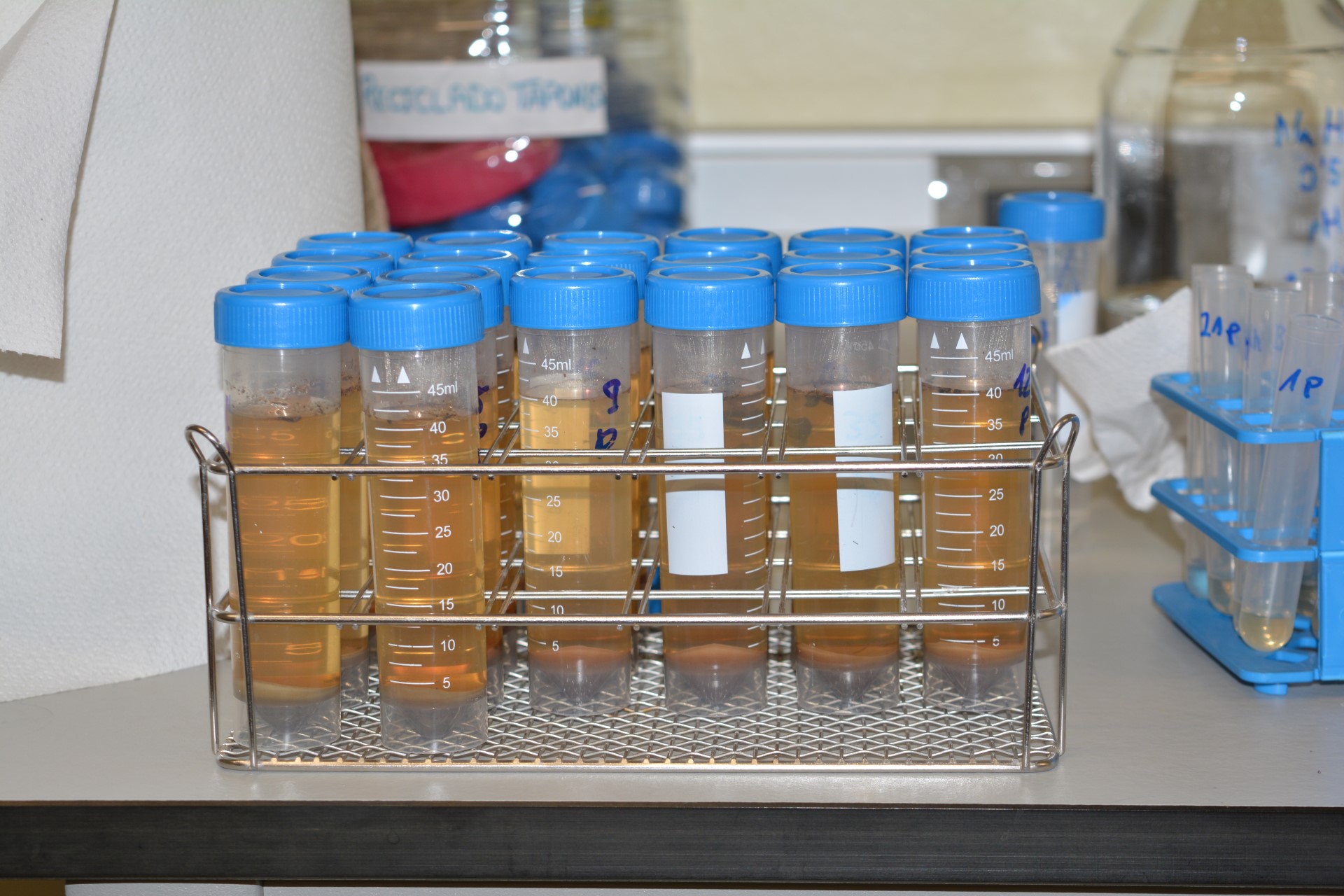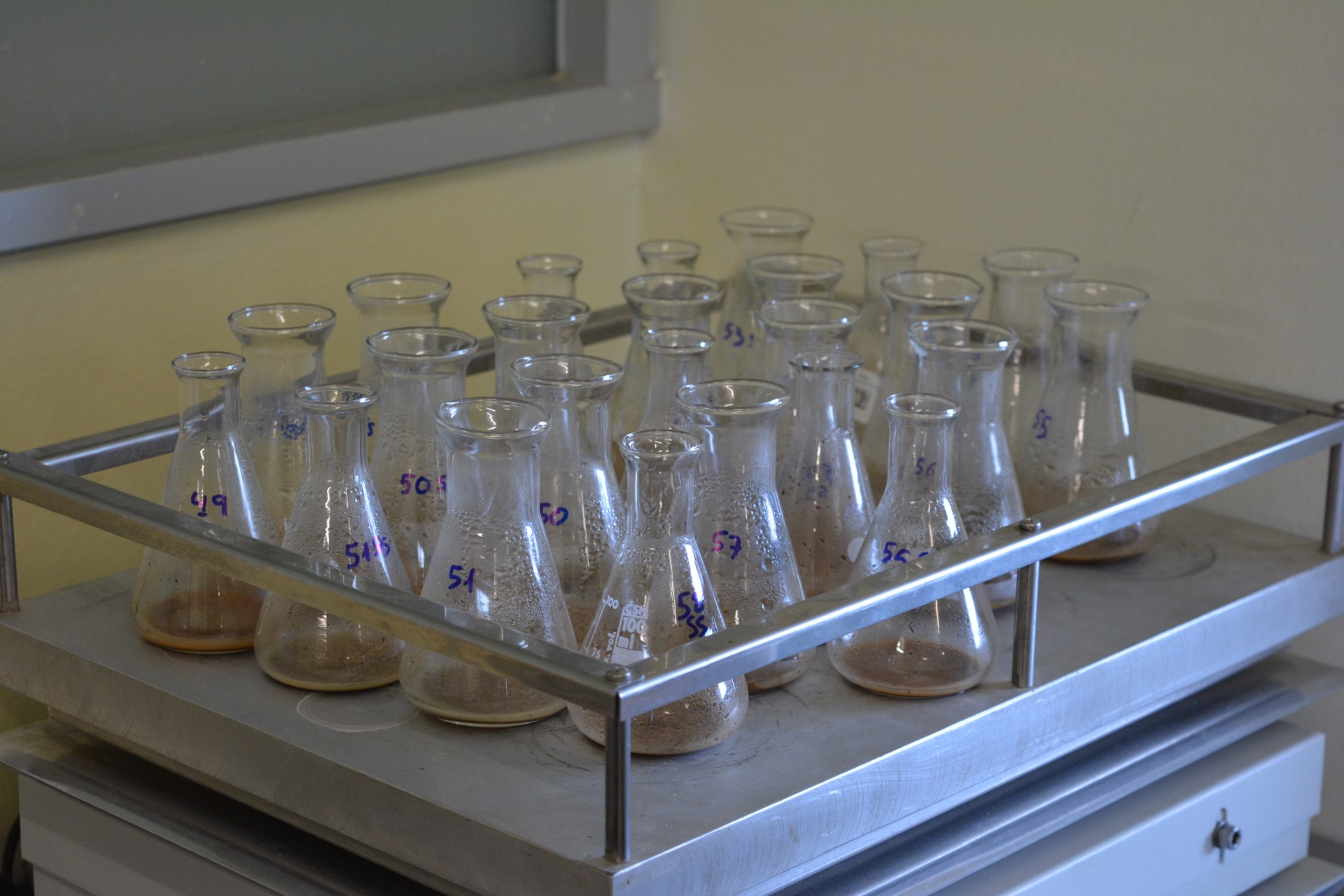Soil quality
 General information
General information
Soil quality is defined as the ability of a soil to function in a way that allows for environmental sustainability and plant production. By maintaining and improving the soil quality assessed from a reduced amount of data corresponding to various soil properties (physical, chemical and biological), clear discrimination can be generated between the use or management systems assessed and achieve sufficient sensitivity to measure stress conditions associated with anthropogenic actions, easily and quickly.
As loss of quality is associated with the alteration of numerous processes carried out by soil micro-organisms, they have been proposed as valid indicators to diagnose the impact of land-use changes and ecosystem restoration. By assessing their density, activity or structure-composition, we can determine whether current management systems conserve, improve or degrade the soil.
 Lines of research
Lines of research
Soil biochemistry associated with nutrient cycle-dependent enzyme activity
Identification of molecules that denote pathogen-plant interaction stress derived from root exudates. Quantification of glucosidase, dehydrogenase, catalase, phosphatase, urease, sulphatase activity.
Quality of the soil
Understood as the productive aptitude and fertility of the soil. For this purpose, we analyse all physical and chemical quality indicators: texture, pH, E.C., organic matter, soluble and exchangeable nutrients, micronutrients and macronutrients.
Incorporation of organic remediation, limestone, fertilisers and biostimulants/biological control agents
With subsequent yield and soil quality assessment.
Implementation of improvement strategies
Agronomic and environmental advantages and disadvantages of various cultivation strategies (rotations, sowing methods) and soil management (conservation tillage).






